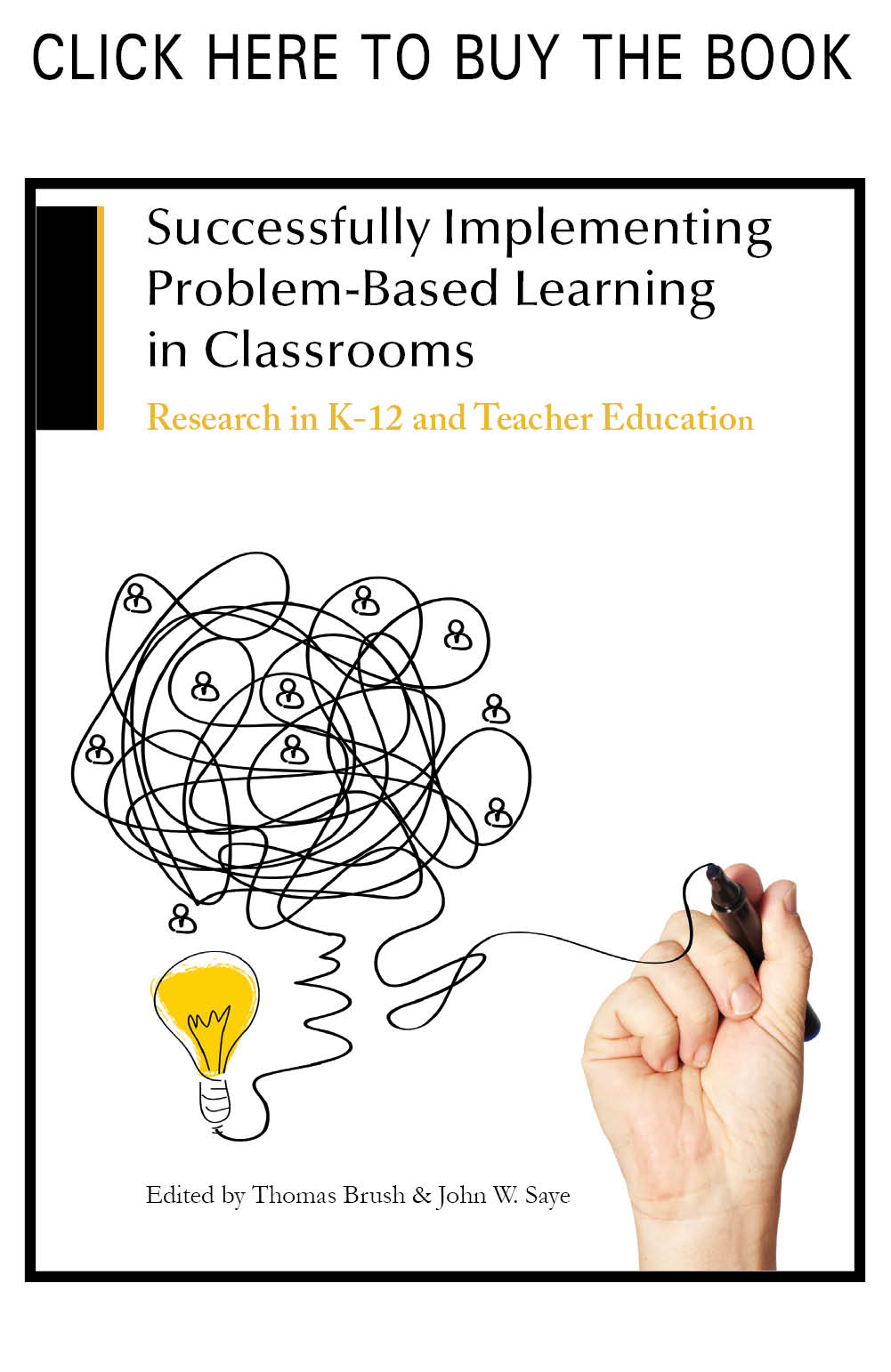Abstract
Mobile devices are increasingly being used by undergraduate students to access online information in the problem-based learning (PBL) process, initially in the self-directed phase, and more recently within face-to-face tutorials. This qualitative study across three undergraduate health professional programs used semi-structured interviews to investigate facilitators’ and students’ perceptions of mobile device usage in PBL tutorials. Transcribed interviews were analyzed thematically, drawing on the principles of grounded theory. Implications for future practice were identified. Students perceived that mobile devices are useful and convenient for instant access to various sources of information, for note taking, and for visually sharing their research and ideas. Despite some facilitator concerns that mobile devices are potentially distracting in face-to-face PBL tutorials, students prioritized collaboration through brainstorming and sharing ideas with group members in face-to-face tutorials over searching online. Facilitators and students suggested practical guidelines for mobile device usage in tutorials to enhance critical thinking in PBL.
Recommended Citation
Chan, L.
,
Bridges, S. M.
,
Doherty, I.
,
Ng, M.
,
Jin, J.
,
Sharma, N.
,
Chan, N.
,
&
Lai, H. Y.
(2015). A Qualitative Study on How Health Professional Students and Their PBL Facilitators Perceive the Use of Mobile Devices During PBL. Interdisciplinary Journal of Problem-Based Learning, 9(1).
Available at: https://doi.org/10.7771/1541-5015.1510
Included in
Curriculum and Instruction Commons, Educational Methods Commons, Higher Education and Teaching Commons




